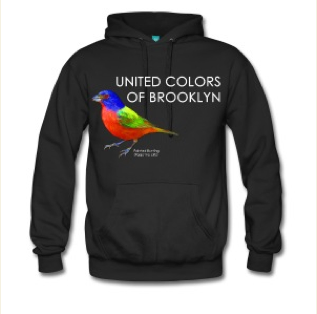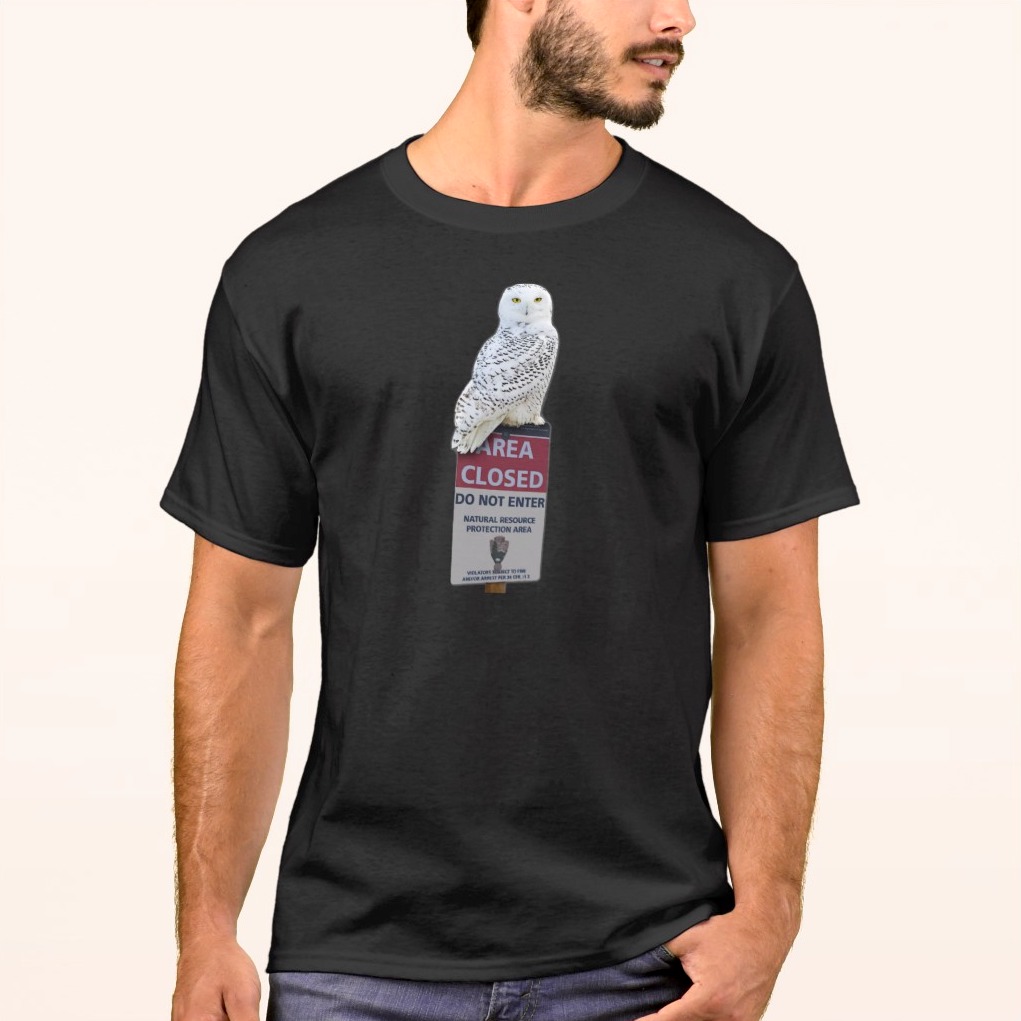Treehugger Tuesday
From The Guardian:
Red squirrel 'could be extinct within next 20 years'
Oxford University wildlife unit finds biodiversity action plans failing to halt steep decline in dormice, hedgehogs and wildcats
Efforts over the past decade to save British mammals from extinction have failed to halt population declines in red squirrels, hedgehogs, harvest mice and Scottish wildcats.
Red squirrels could be extinct within 20 years, while the UK hedgehog population has dipped to about 1.5m individuals compared with 30m in the 1950s, according to a report by Oxford University's wildlife conservation unit for the People's Trust for Endangered Species.
The common dormouse (Muscardinus avellanarius) and mountain hare are also under threat despite efforts to arrest their decline through nationwide biodiversity action plans.
Seven species of mammals whose conservation was given priority status, including some of the most endangered, were still declining last year, says the report – State of Britain's Mammals 2011.
But there was good news with regard to otters, bats and water voles, whose populations have increased. After conservation efforts "akin to rearranging the deckchairs on the Titanic", say the report's authors, there was hope that approaches to conservation were improving.
"Although many of Britain's mammals apparently declined significantly in the past 25 years, some appear to have stabilised or even increased in the last decade," the report states.
"Of the 25 monitored mammal species native to Britain, half are stable (not necessarily in a good state) or increasing."
Otters have benefited from cleaner rivers in Britain, following a ban on chemicals used in sheep dip in the late 1990s. But hedgehog numbers have fallen due to fragmentation of their habitats, pesticides killing their prey, and hedgerow loss.
Red squirrel populations have dropped more than 50% in 50 years, and, with the discovery in Scotland in 2005 of the first case of squirrel pox virus, which is carried by grey squirrels, "the omens for the red squirrel in the UK" were "bleak", state the report's authors, Dawn Burnham and David MacDonald.
"The last 15 years have seen some successes, particularly recovery of some rare species," they said. "However, with the ongoing decline of once common species, like hedgehogs, it is widely accepted that targets for the Convention on Biological Diversity, for 2010, were missed.
"In general, progress has been better for species restricted in range that could benefit from targeted, site-based, conservation efforts. There's been less progress on targets for habitats and many widespread species."
Water voles are declining, but brown hare and polecat populations are rising. Greater and lesser horseshoe bat populations have risen 32% and 41% respectively over the past 10 years.
Robert Booth
guardian.co.uk, Sunday 25 September 2011 11.27 EDT










No comments:
Post a Comment